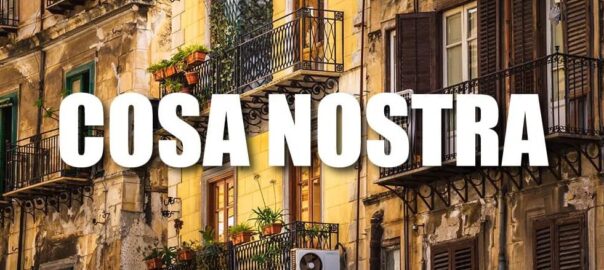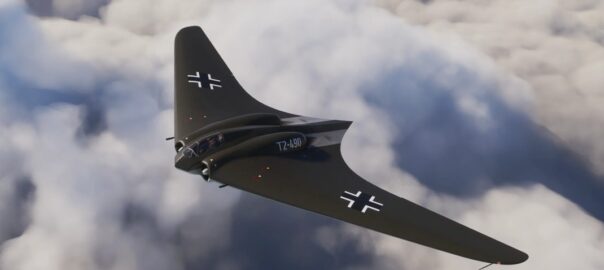The Reconquista, meaning “Reconquest” in Spanish and Portuguese, is a term used to describe the centuries-long period in the Iberian Peninsula characterized by the Christian kingdoms’ efforts to reclaim territory lost to the Moors (Muslims) after their initial conquest in the 8th century. While often portrayed as a straightforward crusade, the reality of the Reconquista is far more nuanced, encompassing periods of intense warfare, fragile truces, cultural exchange, and the slow, uneven evolution of distinct Christian kingdoms.
From Umayyad Conquest to Christian Resistance:
In 711, the Umayyad Caliphate, based in Damascus, swept across North Africa and into the Iberian Peninsula, defeating the Visigothic Kingdom. Within a few years, most of the peninsula, which became known as Al-Andalus, was under Muslim control. However, pockets of Christian resistance remained in the northern mountainous regions, primarily in Asturias. From these enclaves, such as the Kingdom of Asturias, emerged the seeds of the Reconquista.
The initial stages of the Reconquista were characterized by small-scale raids and territorial expansion. Figures like Pelayo, the first King of Asturias, became legendary symbols of Christian resistance. Over the centuries, the northern Christian kingdoms, including Asturias, León, Castile, Navarre, and Aragon, gradually consolidated their power and expanded southward.
Coexistence and Conflict:
The Reconquista was not a continuous war. Periods of relative peace and even alliances between Christian and Muslim rulers were common. “Conviviencia,” meaning coexistence, describes the complex social interactions between Christians, Muslims, and Jews in Al-Andalus. While not always harmonious, this period saw significant cultural and intellectual exchange, with contributions to mathematics, science, philosophy, and the arts.
However, religious and political tensions remained. Christian raids on Muslim territories and vice-versa were frequent, and the concept of “Holy War” gained increasing importance, particularly with the influence of the Cluniac Reforms in the 11th century, which linked the Reconquista to the broader Christian world.
Key Turning Points:
Several battles and events significantly shaped the Reconquista:
- The Battle of Covadonga (c. 722): Traditionally considered the start of the Reconquista, this small victory boosted Christian morale and provided a foundation for the Kingdom of Asturias.
- The Fall of Toledo (1085): The capture of Toledo, a major center of learning and culture, marked a significant shift in power towards the Christian kingdoms and signaled the decline of Al-Andalus.
- The Almoravid and Almohad Invasions (11th – 12th Centuries): These North African dynasties, more religiously orthodox than the previous rulers of Al-Andalus, temporarily halted the Christian advance and even regained some territory.
- The Battle of Las Navas de Tolosa (1212): A decisive victory for the Christian forces, paving the way for the conquest of most of southern Spain.
The Final Act: Granada and its Aftermath:
By the late 13th century, only the Emirate of Granada remained under Muslim control. In 1492, after a protracted siege, Granada fell to the Catholic Monarchs, Isabella I of Castile and Ferdinand II of Aragon. This event marked the symbolic end of the Reconquista, though its consequences were far-reaching.
After the conquest of Granada, the Catholic Monarchs implemented policies aimed at religious uniformity. Jews were expelled from Spain in 1492, and Muslims were pressured to convert to Christianity. Those who converted, known as Moriscos, were often suspected of practicing their faith in secret and faced persecution. The Spanish Inquisition played a significant role in enforcing religious orthodoxy.
Legacy and Historical Debate:
The Reconquista is a complex and controversial period of history. Its legacy continues to shape Spanish and Portuguese identity, influencing language, culture, and national narratives. However, its interpretation remains a subject of debate among historians.
Some emphasize the Reconquista as a heroic struggle for Christian liberation and the restoration of European civilization. Others highlight the violence, intolerance, and displacement that accompanied the Reconquista, emphasizing the contributions of Muslim and Jewish cultures to Iberian society and questioning the notion of a simple “clash of civilizations.”
Ultimately, the Reconquista was a multifaceted historical process with no easy answers. Understanding its complexities requires acknowledging the diverse experiences of Christians, Muslims, and Jews living in the Iberian Peninsula during this turbulent period and recognizing the enduring impact of this historical era on the modern world.









